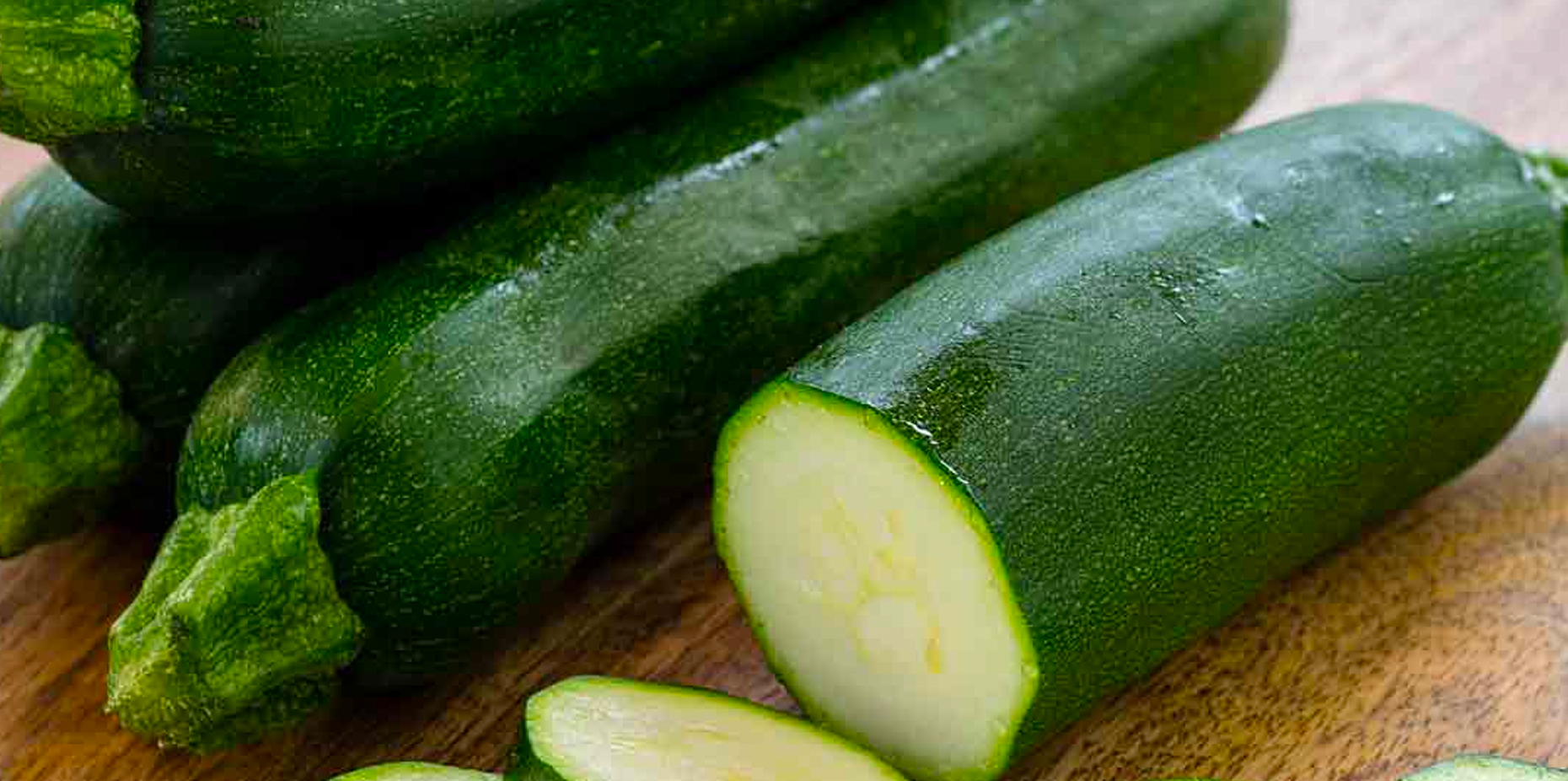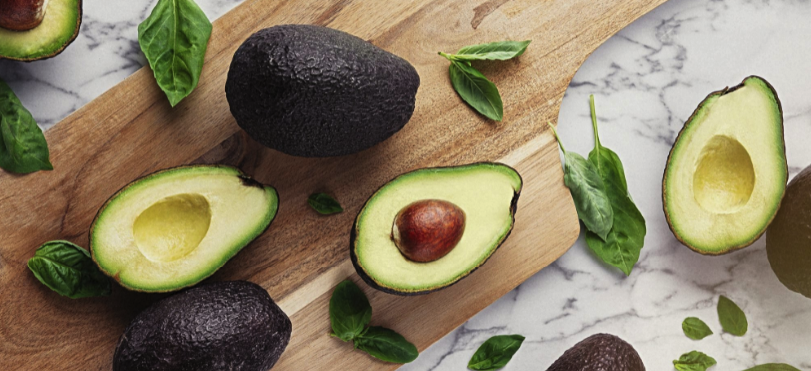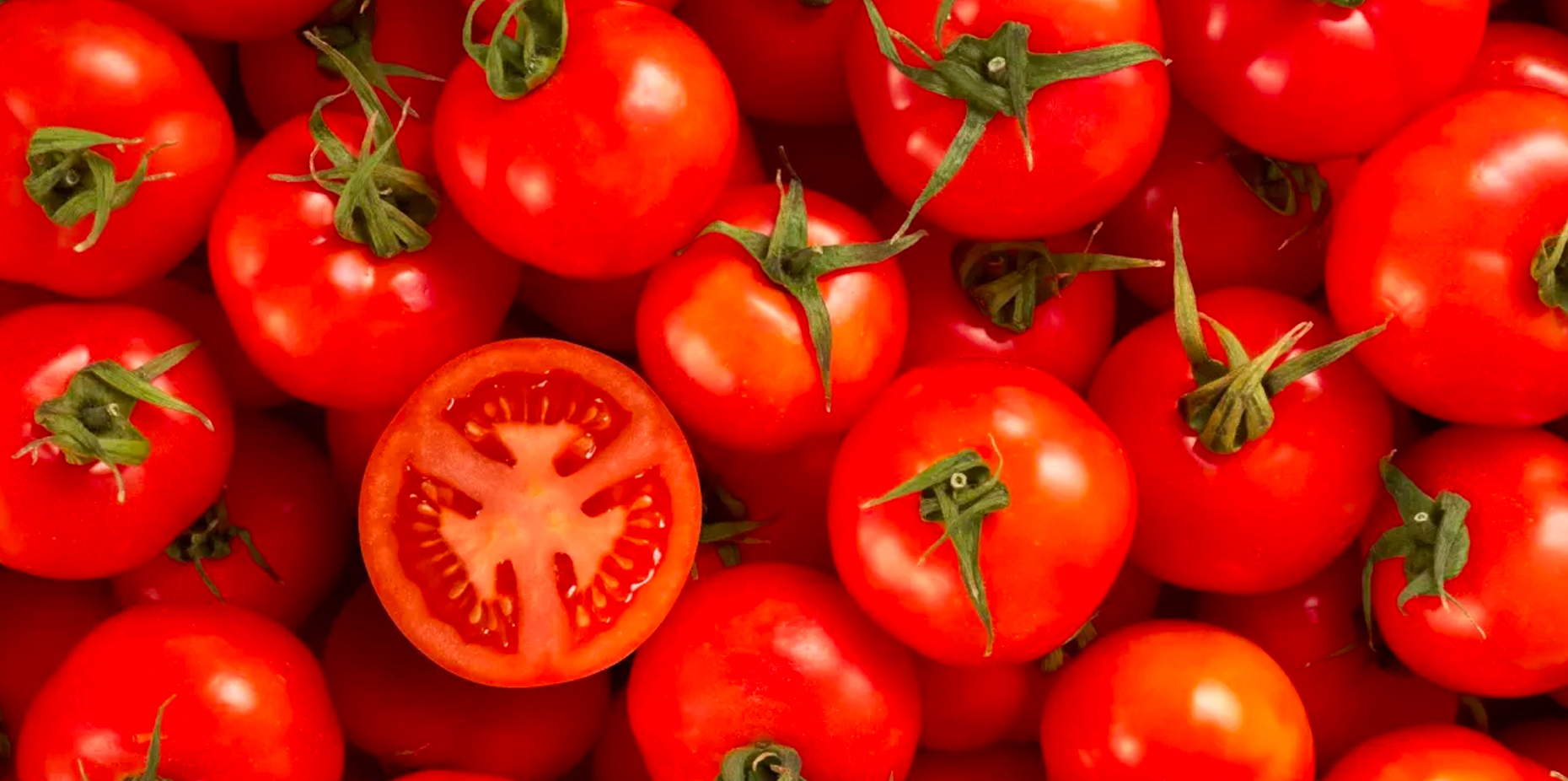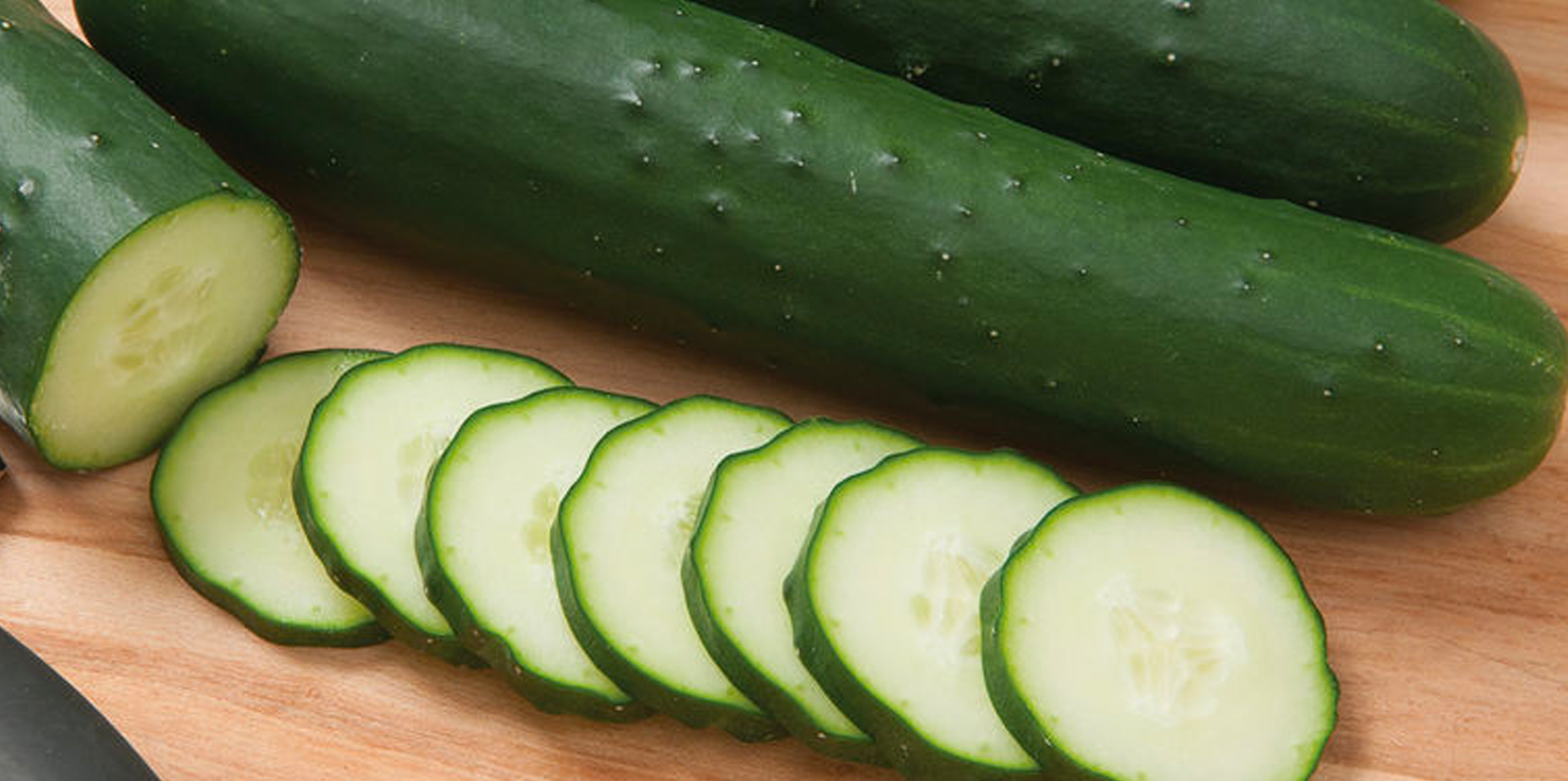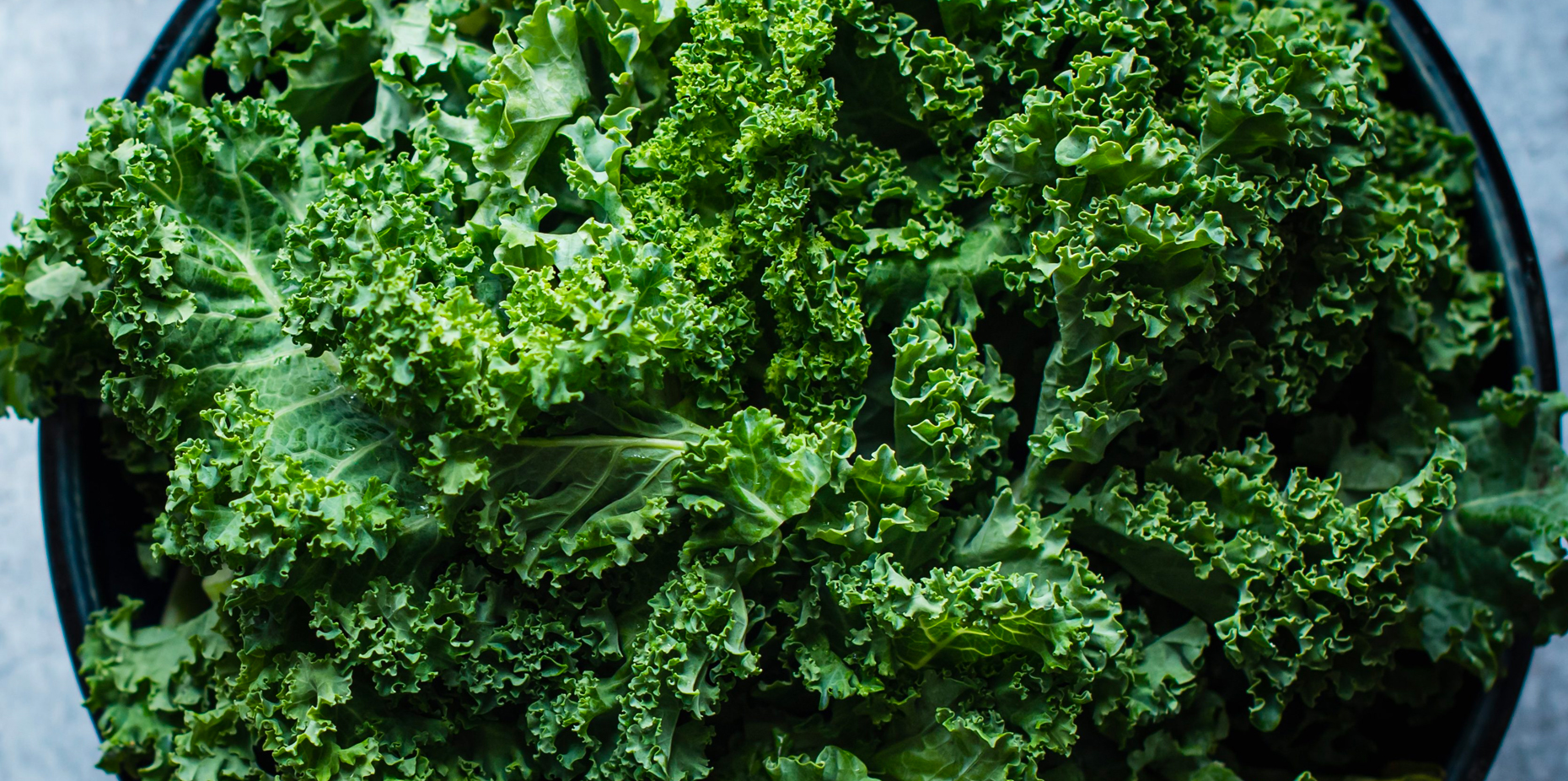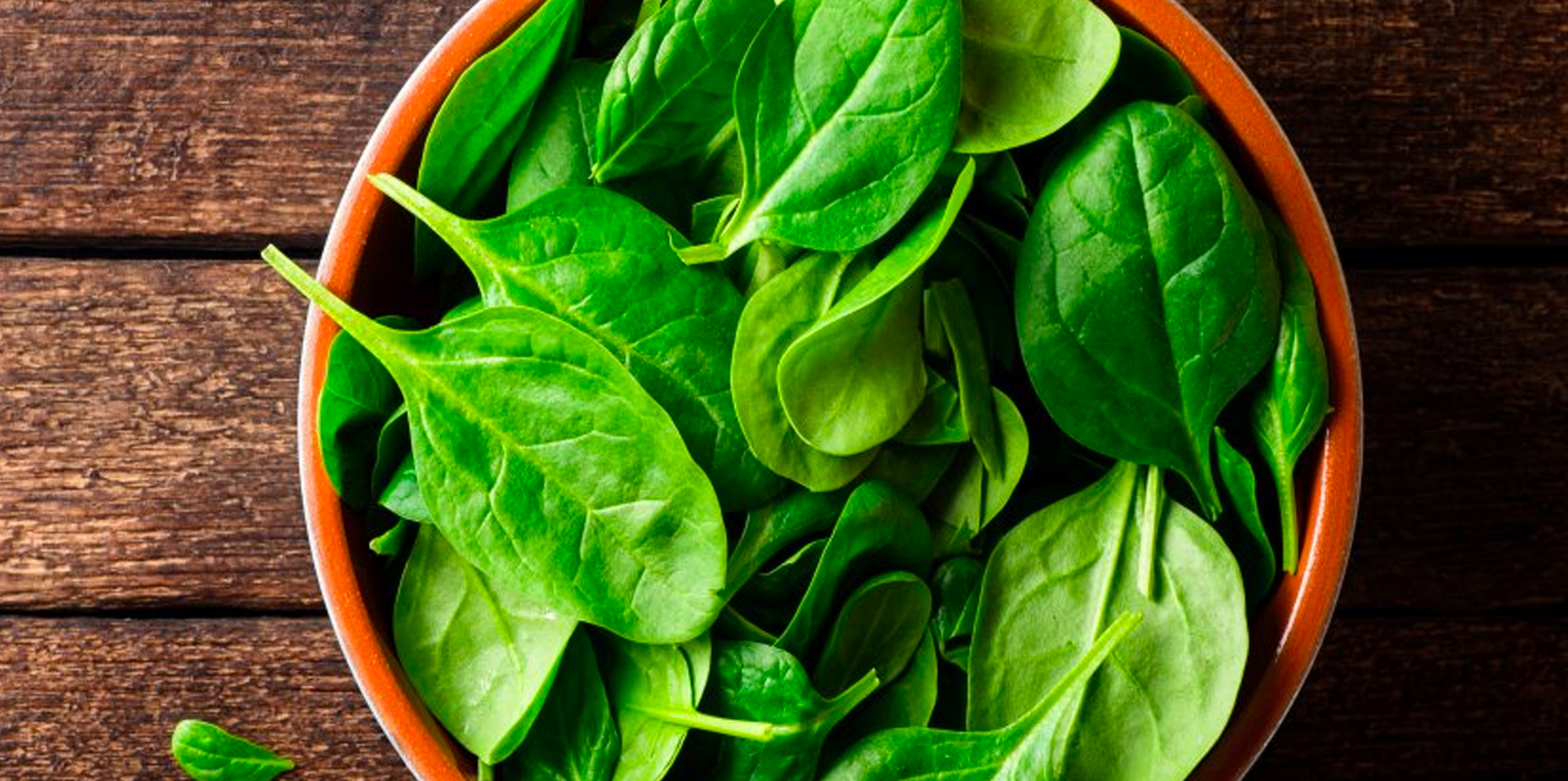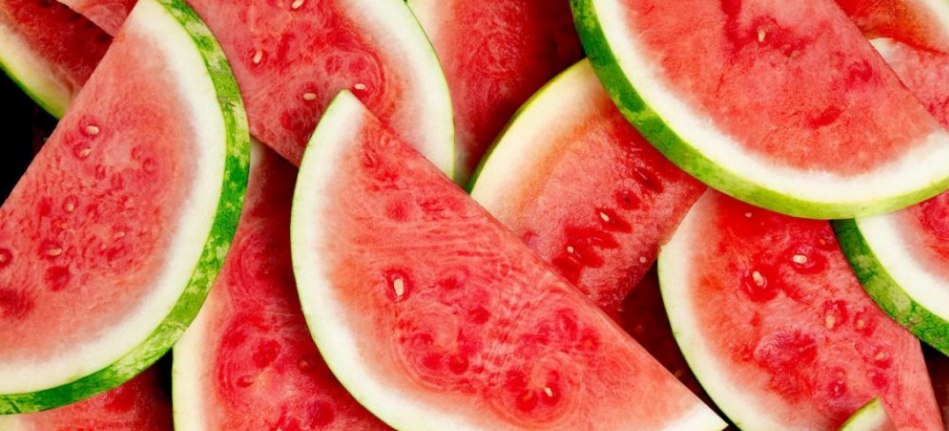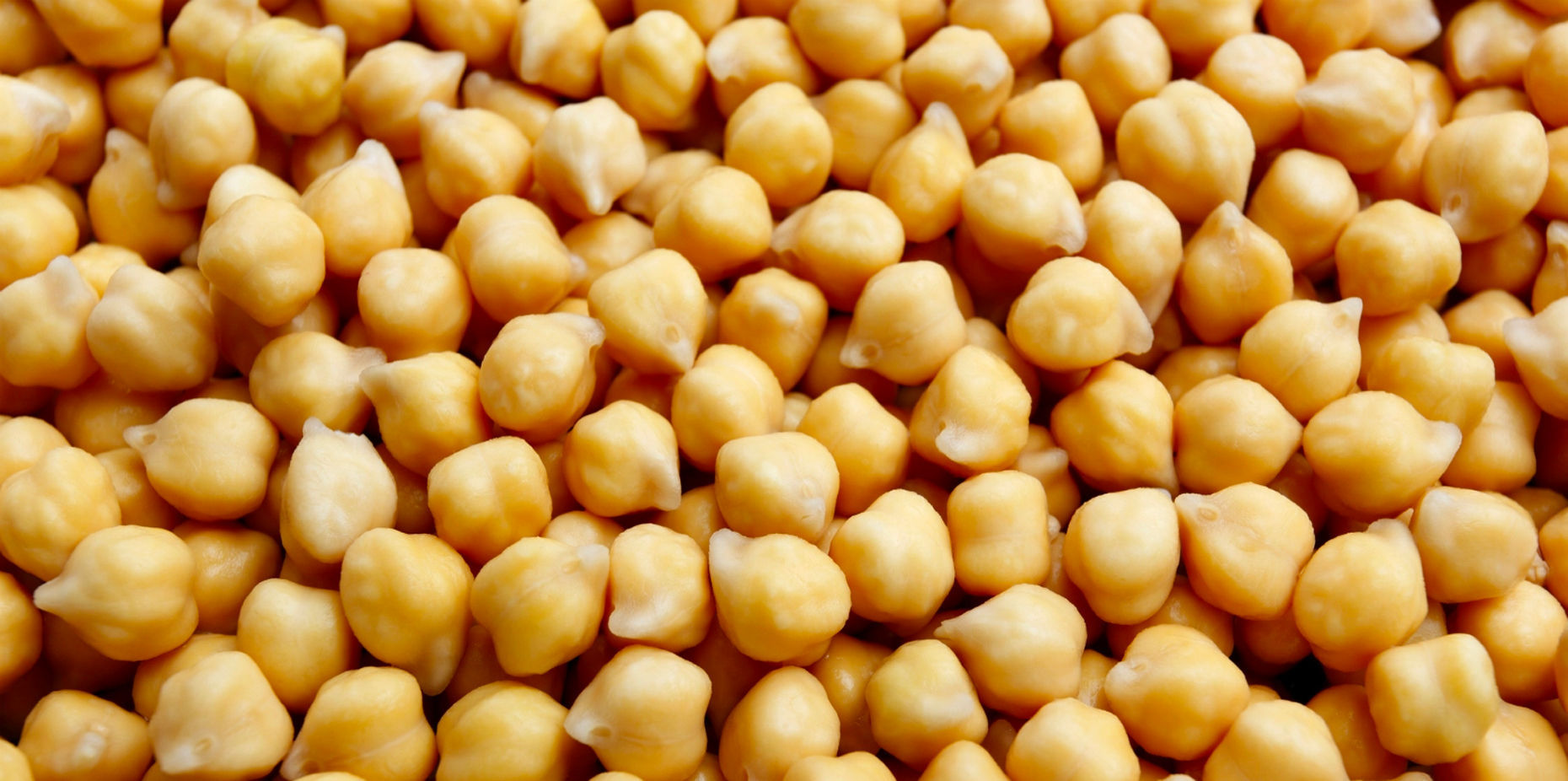Zucchini is a favorite seasonal fruit for its versatility in many recipes, along with its unique slightly sweet, and semi-bitter flavor. Zucchini is technically considered a fruit because it comes from seeds and grows on the flowering part of the plant. But, it often poses as a vegetable in many ways.
Also known as courgettes, this summer squash is an excellent addition to salads, your favorite pasta, or even as a substitute zoodle (zucchini noodle), to name a few. They come in yellow or light green varieties and both pack in several benefits.
Did you know that the word for zucchini means small gourd? Furthermore, zucchini actually are in the same family as the watermelon and edible flowers.
With their high fiber and nutritional contents, zucchinis come full of health benefits, like any other fruit and vegetable. The high nutritional content of zucchinis gives them plenty of medical value. But what can zucchinis specifically do to boost your health?
Table of Contents
Health Benefits of Zucchini
Find out more about how zucchinis can give your health a boost with the many health benefits below. Plus, find out why zucchinis may not be the best choice for everyone regularly as well.
1. May Improve Heart Health
Improving cardiovascular health is a crucial step to minimizing the risk of the number one killer in the United States (1). There are several ways to avoid heart complications, such as heart attacks and heart disease, but a simple way often gets ignored.
Eating a more versatile diet filled with more fruits and vegetables like squash and zucchini benefits your whole body, including your heart (2). Heart health is a complex topic and many areas of overall health need to be examined as well.
But maintaining a balanced healthy diet, managing stress, and keeping an active lifestyle are three essential elements to caring for a healthy heart long-term (3, 4). Avoiding heart disease and other heart-related issues do not have to be complicated if monitored carefully through diet, exercise, and stress management.
Summary:Including vegetables in your diet such as zucchini is one of the simplest ways to improve your heart health and may help to prevent heart complications such as heart attacks and heart disease.
2. Can Improve Blood Sugar Levels
Diabetes is the seventh leading cause of diabetes in the United States, and type 2 diabetes is reversible with a balanced diet and lifestyle (5). Zucchini may come in handy at not only improving blood sugar levels but avoiding this chronic disease as well.
Rich in vitamin B6 and fiber, zucchinis provides powerful nutritional content to keep blood sugar levels in a healthy range. They may even be beneficial for those who already have type 2 diabetes in helping to regulate blood glucose levels. (6, 7). B vitamins and fiber are necessary to sustain overall health in many functions in the body.
Adding a variety of nutrients to your diet is essential to keep the body functioning well for the long run. It’s possible to avoid developing high blood sugar levels or type 2 diabetes by adding more healthy habits to your routine. Start small and build on healthy habits over time and your lab work results just may surprise you.
Summary:Eating zucchini may help keep blood sugar levels in a healthy range due to its fiber content. Some studies have shown zucchini may help regulate blood glucose levels in type 2 diabetics.
3. May Reduce the Risk of High Blood Pressure
Zucchinis are also high in fiber pectin as well as the essential mineral potassium. Both of these help to balance the body’s cholesterol levels and may even help to manage blood pressure, especially in hypertensive patients (8).
High blood pressure or hypertension is widespread in the United States and worldwide. While there are many factors to this as well, adding more nutrient-dense foods like zucchini show to hold promise as minimizing the risk.
Hypertension typically means above 140/90. Many people suffer from high blood pressure but there are ways to avoid and even reverse hypertension. Experiencing high blood pressure also can put you at risk of many other chronic diseases like dementia. Start with a balanced diet, more activity, and stress management techniques to help you ward off common chronic diseases like high blood pressure.
Summary:Because of zucchini’s high amount of fiber pectin and potassium, eating it regularly may help balance cholesterol levels and may help to reduce the risk for those at risk for high blood pressure or help to manage it.
4. Can Improve Eye Health
Zucchinis are high in three minerals and essential nutrients to improve and maintain eye health, such as lutein, beta-carotene, and zeaxanthin (9, 10). Eye health often takes a backseat to overall well-being, especially if you don’t have any present eye problems. But many healthy fruits and vegetables like zucchini are beneficial in keeping your eyes healthy.
Beta-carotene is a precursor to vitamin A, which is an essential nutrient for overall health but especially to improve eye health. Adding more zucchini to your diet may not only help with blood pressure and blood sugar levels but even eye health because of their powerful nutrient profile.
Including more foods that are high in lutein, beta-carotene, zeaxanthin, vitamin E, C, and A can even help you avoid common eye diseases like age-related macular degeneration and cataracts. Zucchinis are also an excellent way to remove puffy or tired eyes because they are high in antioxidants that remove free radicals from the body.
Summary:Zucchinis are high in the nutrients lutein, beta-carotene, and zeaxanthin which may all help prevent eye diseases such as cataracts. It may help to improve eye health.
5. May Improve Digestion
Digestive health is often ignored, especially if everything appears to be regular for the most part. But keeping a healthy gut microbiome full of beneficial good bacteria is essential to maintain overall health and wellbeing.
Gut bacteria need prebiotics, probiotics, and fiber to consistently thrive (11). Zucchini is rich in fiber and makes it super easy to add to any diet. Getting enough fiber not only helps to relieve constipation and keep bowel movements regular but helps to keep your gut bacteria healthy (12). Even just a small serving of zucchini packs in a good amount of fiber mixed into a balanced healthy diet.
A healthy gut microbiome improves many health outcomes including brain and skin health, as well as overall wellbeing. Since zucchini are high in fiber, they are a great choice to improve digestive health (13).
Summary:Fiber is a key nutrient important for digestion which zucchini has plenty of! Consuming zucchini often may help improve digestive health.
6. Can Help with Weight Loss
Like many chronic diseases, weight loss is a struggle for most Americans, with obesity affecting nearly one in three adults (14). Weight loss can be a complex metabolic issue that requires intervention between many health and lifestyle markers. These often include movement, nutrition, sleep, and mental health. (15)
Adding more nutrient-dense fruits and vegetables like zucchinis can assist with weight loss and management for the long term. (16) When you have a diet high in fruits and vegetables, you give your body more of a chance to fight disease, increase energy, sleep better, and avoid obesity. (17)
Zucchini is rich in water making them a low-calorie and excellent choice for those trying to lose weight. (18) Staying hydrated with foods high in water can only help with your weight loss goals. Be sure to look into how you can add more zucchini to your diet below.
Summary:Due to zucchini being low calorie and high in water content, you are likely to feel satiated faster and longer when eating it making it an excellent choice of vegetable if you are trying to lose weight.
Potential Risks Around Zucchini Consumption
Eating zucchinis are typically safe and a healthy part of a balanced diet, but there are rare occasions to look out for zucchinis.
The only main reason to be cautious about zucchini is when they are raw and from a questionable location. Raw zucchinis contain cucurbitacins, which can be considered toxic compounds (19). In some cases, it can taste very bitter. That is caused by the presence of cucurbitacins (20). However, this is a very rare occurrence. It is rare because most zucchini are grown in commercial farms, which are traditionally low in cucurbitacins.
Since zucchinis are considered a non-starchy vegetable, even though technically a fruit, they are a safe choice among pre-diabetics and diabetics as well.
Summary:Overall zucchini is typically safe to eat, but it is important to be mindful that in rare instances raw zucchini may contain cucurbitacin, which is considered a toxic compound.
How to Add More Zucchini to Your Diet?
Zucchini is a summer squash that proves to be very versatile. They can act as a noodle replacer and much more. There are tons of ways to incorporate more of this delicious squash into your weekly routine. Check out some ideas to add more zucchini to your diet like:
- For pasta cravings: zucchini noodles (zoodles)
- Grilling with vegetable kebabs
- Saute with eggs with onions
- Add to your favorite pasta dish
- Marinate or pan fry
- Puree
- Bake a loaf of zucchini bread
- Make a zucchini boat with your favorite toppings
- Zucchini pizzas (Dairy or non-dairy cheese)
- Make some chips, fritters, or even pancakes
There are many ways to get creative in the kitchen with zucchini as the star of the show. See where you can include more of this fruit masquerading as a vegetable and reap the many health benefits.
Summary:There are tons of ways to add zucchini to your diet since it is so versatile. You may want to try zucchini noodles, grilling, sautéing, baking it into zucchini bread, and more!
Conclusion
Zucchinis are a great choice to add to your diet. They come with a bunch of health benefits that can help you ward off chronic disease and even reverse certain diseases with combined therapeutic efforts.
From regulating blood pressure and blood sugar to losing weight and even improving eye health, there are several ways zucchinis can work to your advantage. Always eat what feels good for your body over time, and you can start to recognize what works for your individual needs.
No person can thrive on the exact same diet, so be sure to find the best solution for you. Overall, zucchini are typically a safe bet for anyone to continue to thrive with a healthy diet and lifestyle.




